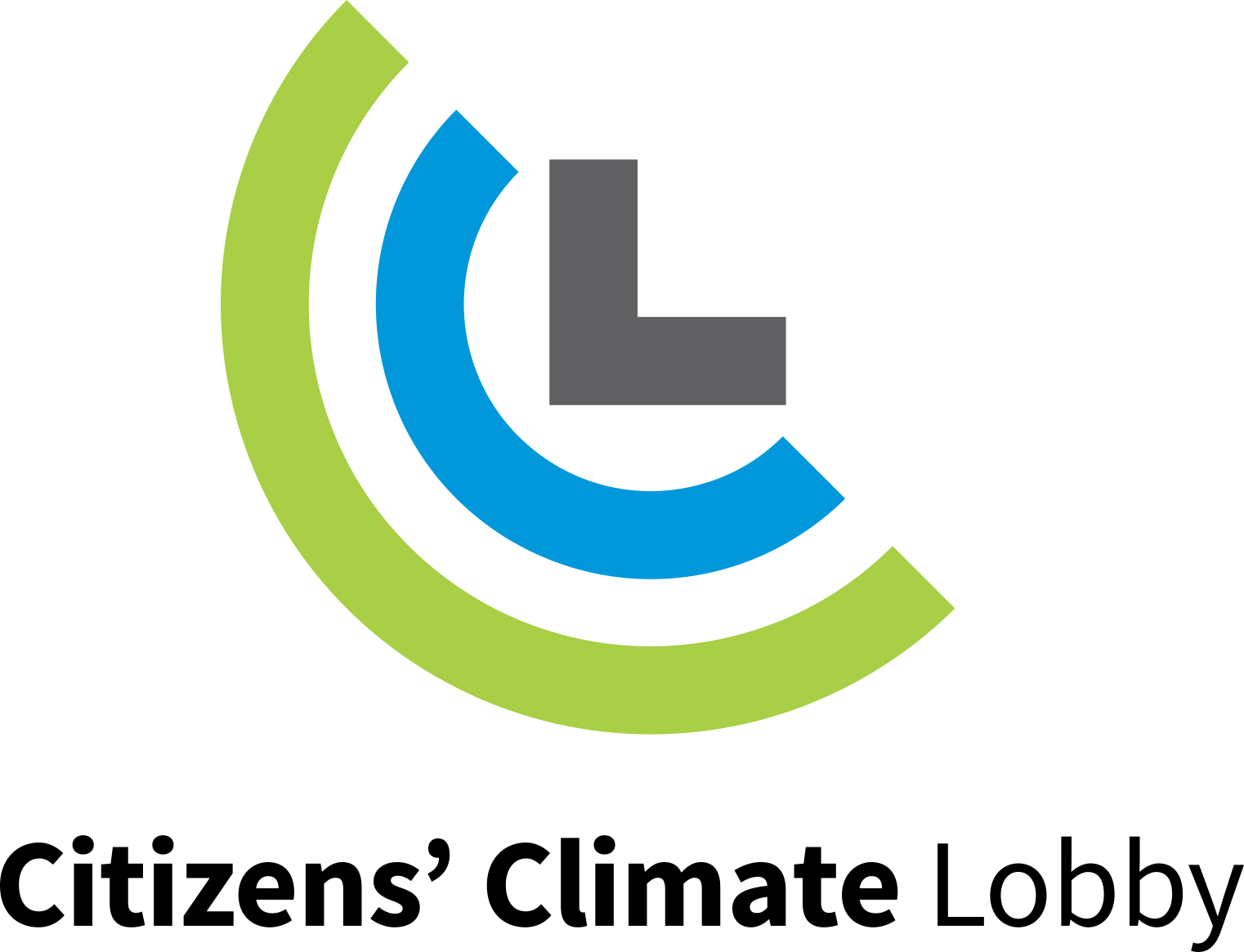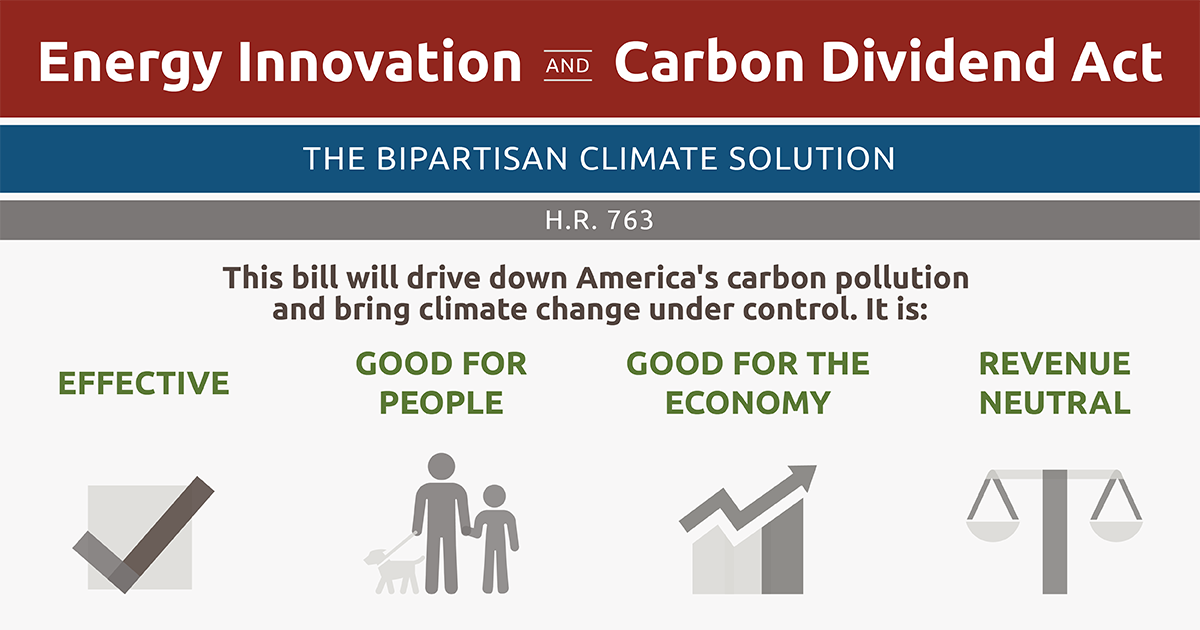During the pandemic, besides the growing public concern over the rapid spread of the disease, news about the sharply falling greenhouse gas emissions and energy demand in China because of the mandatory stay-at-home order drew my attention and raised my interest to join the Citizens’ Climate Lobby action group.
The fundamental purpose of the CCL is to work toward the adoption of fair, effective, and sustainable climate change policies, and the piece we have been working on is the Energy, Innovation & Carbon Dividend Act, which aims to put a fee on fossil fuels and use that money as a dividend and allocate to every American. My group’s objective is to participate in lobbying for the passage of the Energy Innovation Act. I have never known something about lobbying, let alone have the chance to participate in a real Lobby Day Event at a conference. Surprisingly, we will have a precious opportunity to join a lobby team preparing for and attending the conference. This experience also taught me how to interact with members of congress and government representatives.
As the project proceeded, I found that it is closely related to our course material and what we are doing now really matters in real life. The Act is trying to take political action to influence legislators and major oil companies to reduce carbon footprint through a top-down approach. At the same time, it uses individualized actions as a supplement to the policy change. Thinking systematically, citizens are core elements of the Act, and we will make a difference through a bottom-up approach in a way that individuals unite as teams to lobby for a real systematic change in climate policy. Meanwhile, the taxes collected will be allocated back to individuals, helping them live a more sustainable life. It works as a reinforcing feedback loop that accelerates our progress in fighting climate change.
Also, I learned to cooperate with group members. Teamwork is an essential element of the success of a project. Instead of doing all the weekly training on our own, we decided to each take one training and summarize for the group. Therefore, we were able to grasp the main ideas in the most efficient way. I’m really impressed by my members, they are confident, knowledgeable, and brave. Rachel is a really good leader; she takes notes and organizes every meeting for us. Dakota integrates course materials with the project very well, Tebow and Alan always give us thoughtful ideas. Thanks to Karen, Ryan, my group members, and other classmates for a great and meaningful quarter.





